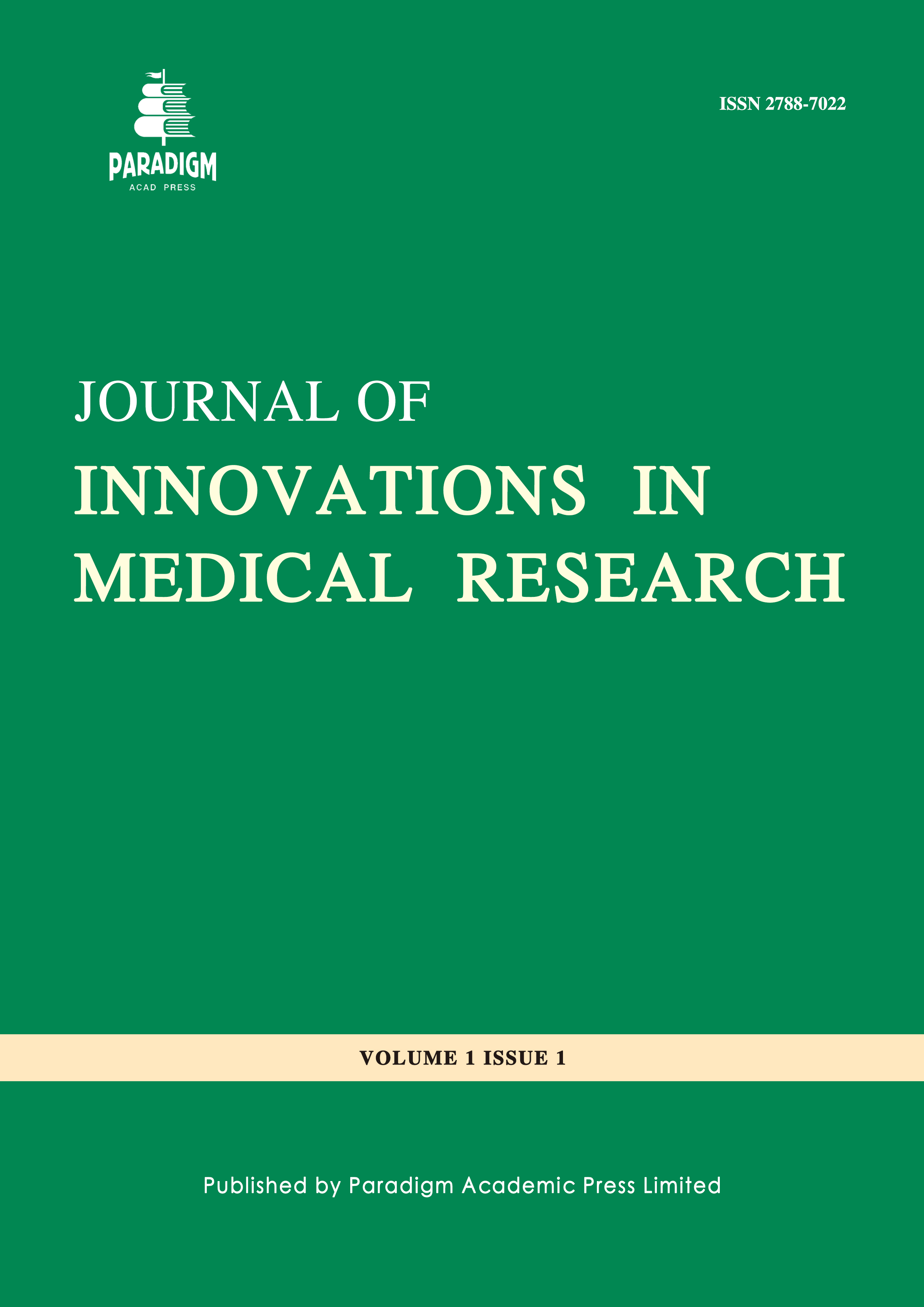Protective and Curative Effects of Virgin Coconut Oil on Acetaminophen-Induced Hepatotoxicity in Adult Wistar Rat
DOI:
https://doi.org/10.63593/JIMR.2788-7022.2025.08.004Keywords:
hepatotoxicity, Paracetamol, curative, protective, N-Acetylcysteine, Virgin Coconut OilAbstract
Acetaminophen-induced hepatotoxicity is a well-documented consequence of acetaminophen overdose, necessitating the exploration of therapeutic interventions to develop safer alternatives to synthetic drugs. In this study, we investigated the potential effects of Virgin Coconut Oil (VCO) on acetaminophen (PCM)-induced hepatotoxicity. Thirty-six Wistar rats were divided into twelve groups as follows: Groups 1 and 2 received Normal Saline for 20 and 40 days, respectively; Groups 3 and 4 were administered 750mg/kg of PCM for 20 and 40 days, respectively. Group 5 received 2.5ml/kg of VCO for the initial 10 days followed by 750mg/kg of PCM for the subsequent 10 days. Group 6 received VCO at 2.5ml/kg for the first 20 days followed by 750mg/kg of PCM for the remaining 20 days. Groups 7 and 8 received VCO at 5ml/kg for the initial 10 and 20 days, respectively, followed by PCM administration for the subsequent 10 and 20 days. Groups 9 and 10 were administered 750mg/kg of PCM for the initial 10 and 20 days, respectively, followed by VCO at 2.5ml/kg for the remaining 10 and 20 days. Lastly, Groups 11 and 12 received 750mg/kg of PCM for the initial 10 and 20 days, respectively, followed by VCO at 5ml/kg for the remaining 10 and 20 days. Acetaminophen administration resulted in a significant (p≤0.05) decrease in the final body weight of PCM-treated groups, while a significant (p≤0.05) increase in body weight was observed in the negative control, pre-treated, and post-treated groups with VCO. Notably, PCM-treated groups exhibited a significant (p≤0.05) increase in liver weight compared to negative control and VCO-treated groups. Liver enzyme levels including ALP, ALT, AST, and GGT remained within normal reference ranges in negative control and VCO-treated groups, whereas a significant (p≤0.05) increase was observed in the positive control groups. Additionally, levels of GPx, SOD, and CAT were significantly (p≤0.05) decreased in the positive control group compared to the negative control and VCO-treated groups. Overall, the findings of this study demonstrate the potential ameliorating effect of VCO against PCM-induced liver toxicity, highlighting its potential therapeutic utility in mitigating hepatotoxicity.



